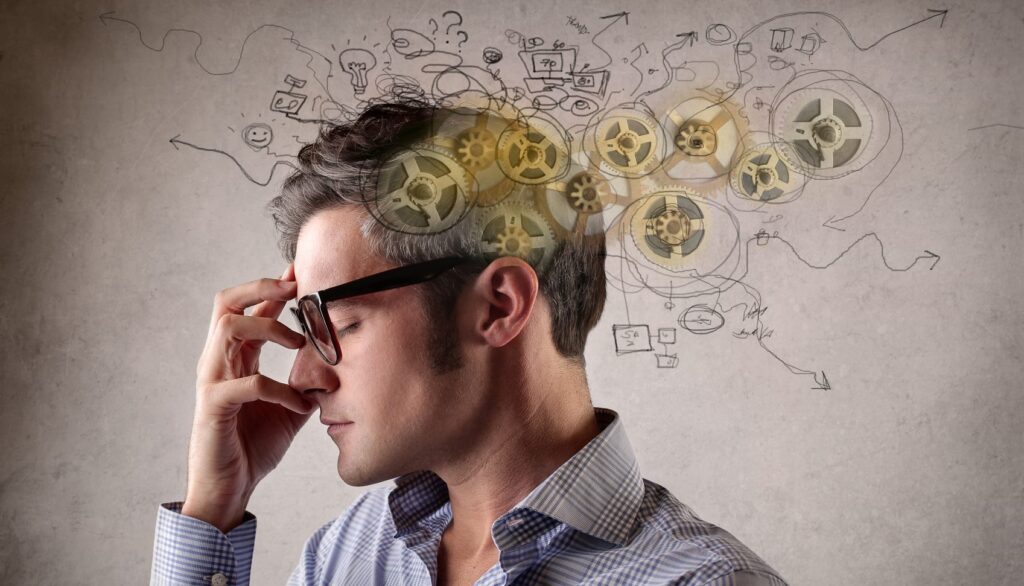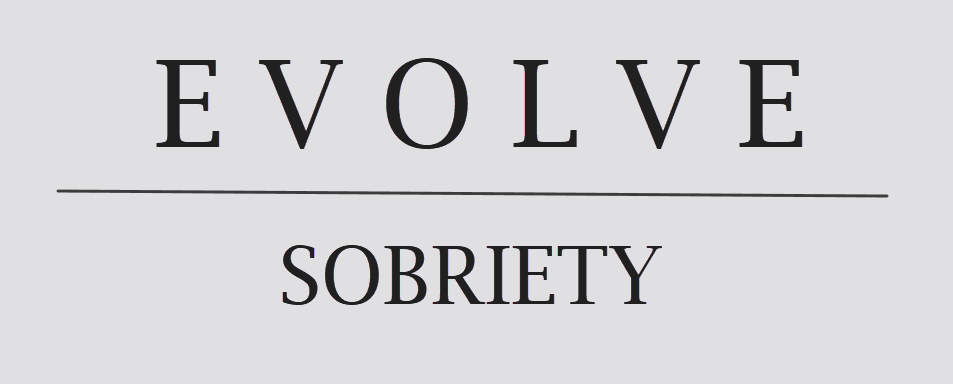Recognizing Mental Health Concerns in Men

What Mental Health Conditions Affect Men?
Men’s mental health problems include a variety of disorders that may show up in distinct ways from those experienced by women. Underreporting and underdiagnosis are frequently caused by stigma, societal expectations, and traditional gender norms. These problems can include addiction, anxiety, and depression, among others; it is important to recognize them in order to provide individualized care.
Signs of Mental Health Problems in Men
Early response to men’s mental health concerns depends on identifying their symptoms. Persistent melancholy or irritation are examples of emotional changes, whereas increased substance use or social disengagement are examples of behavioral changes. Physical signs like weariness or irregular sleep patterns might often point to underlying mental health issues.
Ways to Address Mental Health Problems in Men
Men’s mental health concerns require a multimodal approach to be addressed. Promoting free communication is essential because it enables males to express their emotions without worrying about being judged. It is crucial to look for help from mental health counselors, addiction therapists, or treatment facilities in Ontario, Toronto, Montreal, Calgary, and Alberta. Encouraging self-care behaviors, such as stress-relieving hobbies and a healthy lifestyle, also enhances general well-being.
How to Assist Men Dealing with Mental Health Problems


Participation in the Community
It is imperative to establish community-based activities and support networks. Support groups in Ottawa, Quebec, Manitoba, and Winnipeg create safe settings where men feel comfortable sharing their stories. Putting together awareness programs in Halifax, New Brunswick, Charlottetown, Nova Scotia, and Prince Edward Island promotes empathy and de-stigmatizes mental health issues among men.
Expert Support
It’s critical to link males with specialized services. In St. John’s, Fredericton, and Labrador, this involves promoting dual diagnosis support and addiction treatment programs. Encouraging guys who are abusing substances to have access to detox clinics and recovery programs in different Canadian cities guarantees that they will receive specialized care that works.
Getting Help
Men can choose from a wide range of treatment programs in Alberta, Winnipeg, and Halifax that are tailored to their individual mental health requirements. A customized approach to care is ensured by the availability of both inpatient and outpatient programs among these alternatives. Moreover, major cities like Toronto, Montreal, and Quebec provide specialized behavioral health treatments that effectively and individually address the special difficulties that males experience.
Furthermore, facilities in Nova Scotia and Prince Edward Island offer specialist treatment for people dealing with addiction and mental health difficulties.
Conclusion
Cultural standards often cause men’s mental health issues to be overlooked, despite their complexity. Important first stages in addressing these issues include identifying symptoms, encouraging candid communication, supporting coping mechanisms, and improving access to community and professional services in different Canadian cities. Men’s mental health can be de-stigmatized and general well-being can be promoted by fostering supportive situations and encouraging help-seeking.
FAQs
1. Which mental health conditions are most common in men?
Men frequently struggle with mental health issues like addiction, depression, anxiety, and the pressure to live up to society’s expectations of what it means to be a man. These problems are frequently ignored, which makes people reluctant to ask for assistance.
2. How can I tell whether someone I know or myself is having mental health issues?
Observing behavioral changes, mood swings, social disengagement, or physical symptoms like exhaustion or unexplained ailments can all be indicators of mental health issues. Men may occasionally behave dangerously or aggressively as a symptom of internal conflict.
3. How can I help a man who is experiencing mental health problems?
Promote honest and nonjudgmental dialogue. Encourage them to seek professional assistance from addiction therapists, counselors, or rehab facilities that specialize in treating mental health issues in men. Offer support. Establish a secure space where they can communicate their emotions.
4. What part do expert services play in treating men’s mental health issues?
For men struggling with mental health issues and addiction, professional services such as addiction therapy, specialist rehab clinics, and dual diagnosis facilities in Newfoundland and Labrador, St. John’s, and Fredericton are essential to provide focused and efficient support.
